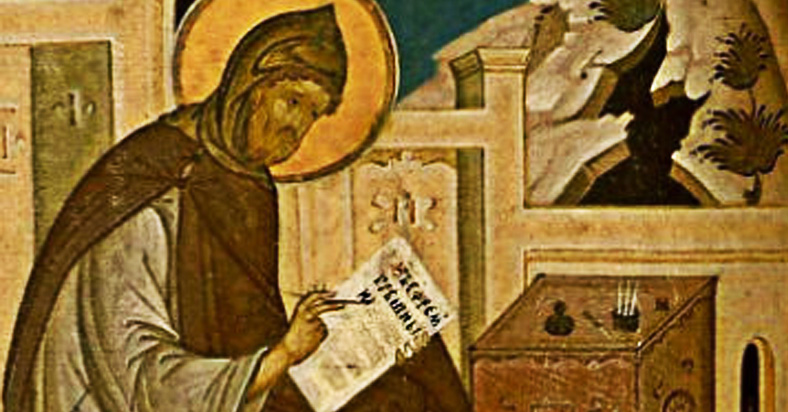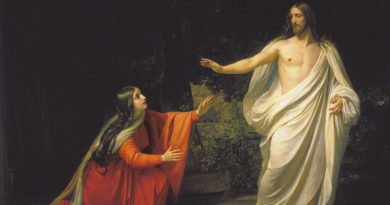St. Ephrem: The Harp of the Holy Spirit
•Deacon and Doctor •Feast day: June 9 •Born and Died: 306-373
St. Ephrem, renowned as the most distinguished musician of the early Church, was born in 306 in Nisibis, Syria. His life was marked by both hardship and spiritual contributions. At the age of 18, his conversion to Christianity led to his baptism, an act that provoked his pagan parents to banish him from their home. This pivotal moment set the course for his future spiritual journey.
Following his expulsion, Ephrem became a disciple of St. Jacob, the Bishop of Nisibis. He accompanied St. Jacob to the historic Council of Nicaea in 325, an event that significantly shaped the early Church’s doctrinal foundations. When Nisibis fell to Persian forces in 350, Ephrem sought refuge in a solitary mountain near Edessa. There, he led an austere life dedicated to contemplation and writing.
In the tranquility of his cave, Ephrem produced the majority of his spiritual works and biblical commentaries. His writings, characterized by their depth and insight, became foundational texts for Christian thought. Despite his deep knowledge and spiritual authority, Ephrem chose humility over advancement. He became a deacon but consistently refused ordination as a priest.
Ephrem’s influence extended beyond his writings. He was an active preacher in Edessa, fervently defending the Catholic faith against heretical teachings. His eloquence and dedication fortified the faith of many during a time of doctrinal uncertainty.
In 373, Edessa faced a severe famine. Displaying his unwavering compassion, Ephrem organized a relief effort to aid the suffering populace. He devoted himself entirely to this cause, expending his remaining strength in service to the poor. Exhausted by his efforts, he returned to his cave and passed away a month later.
St. Ephrem’s enduring legacy lies in his contributions to the Church’s liturgy. He introduced sacred songs, enriching the spiritual life of the Christian community. This innovation earned him the epithet “The Harp of the Holy Spirit,” a testament to his impact on the worship and musical traditions of the Church. His life, marked by sacrifice, humility, and service, continues to inspire and guide the faithful.




